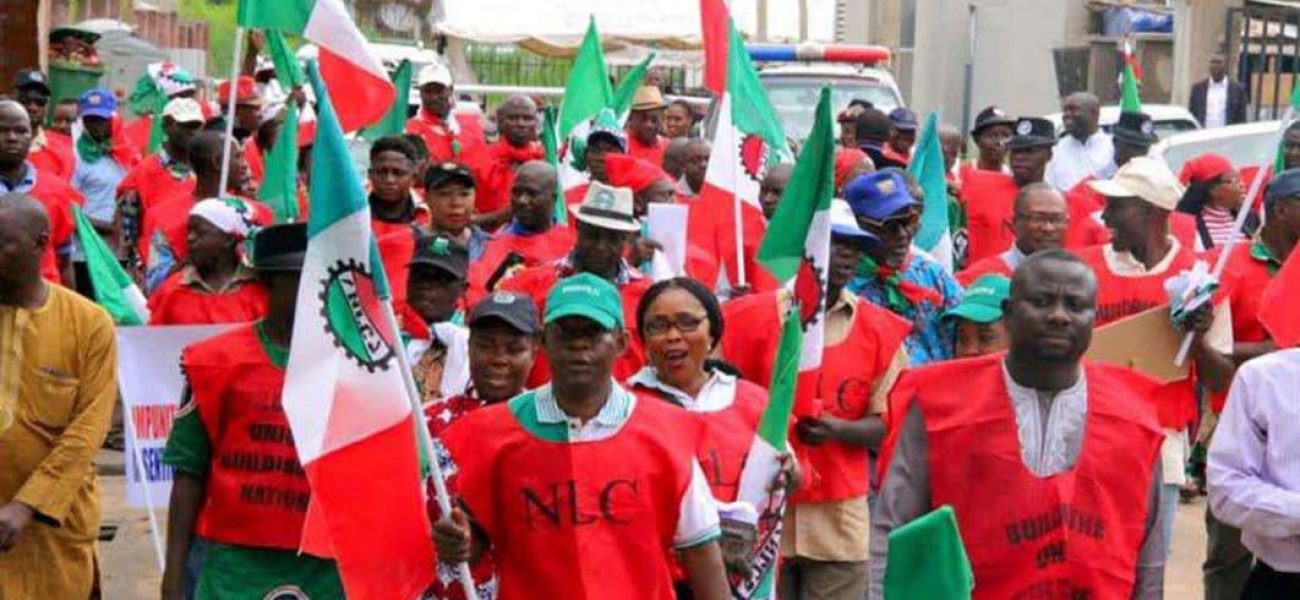The Nigeria Labour Congress (NLC) and its other counterpart, the Trade Union Congress (TUC) suspended a nationwide strike planned to hold indefinitely, commencing Monday, September 28. The strike was supposed to be in protest against the increase in electricity tariffs and the pump price of petrol. Following negotiations with the Federal Government, the leadership of the pressure groups called off the proposed strike. It appears that resolutions reached at the meeting informed the decision of the groups to suspend the strike action.
According to the Minister of Labour and Employment, Dr. Chris Ngige, the parties agreed to set up a committee comprising the NLC, TUC and government ministries, departments and agencies that will work for two weeks from Monday, September 28, to examine the justifications for a new cost-reflective electricity tariff regime against the backdrop of prevailing realities in the field and the data presented by the Nigeria Electricity Regulatory Commission (NERC). Further, all parties agreed on the need to increase Nigeria’s local refining capacity to reduce dependence on importation of petroleum products and reduce the cost of same. To this end, the Federal Government committed to reviving Nigeria’s refineries and getting them to 50% completion rate by December 2021. The Federal Government also committed to mitigating the impact of the downstream petroleum sector deregulation and the increase in electricity tariffs by facilitating the removal of tax on minimum wage, providing Nigerian workers with access to funds for agricultural initiatives, providing 133 Compressed Natural Gas/Liquified Petroleum Gas (CNG/LPG) powered mass transit buses to the labour and trade unions and subsequently extending it to all States and Local Governments before December 2021, and allocating 10% of its housing scheme to Nigerian workers through the NLC and TUC.
At first, it appeared that the NLC and TUC had vehemently opposed the removal of fuel subsidy and increase in electricity tariffs by the Federal Government, especially in the light of the resulting effects on Nigerians in the aftermath of the COVID-19 outbreak, as they insisted that the only option to avert a nationwide strike was for the government to reverse these decisions. However, going by the unrealistic terms that concluded several meetings between labour leaders and the Federal Government, observers are of the opinion that Nigerians are merely being taken for a ride. The promises of implementation of a housing scheme, provision of buses and fixing of refineries within a relatively short timeline, coupled with the economic effects of the COVID-19 pandemic do not seem plausible, making Nigerians wonder if the agitations of the labour leaders and negotiations that ensued were merely a facade.

